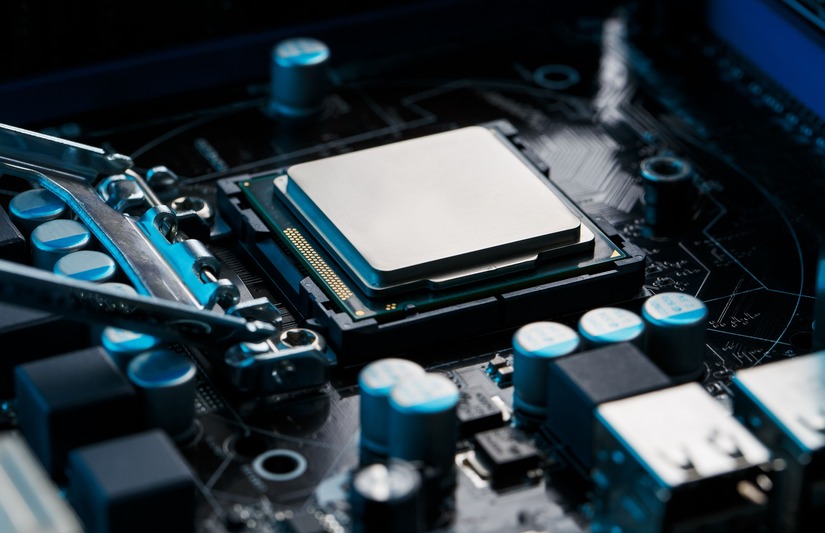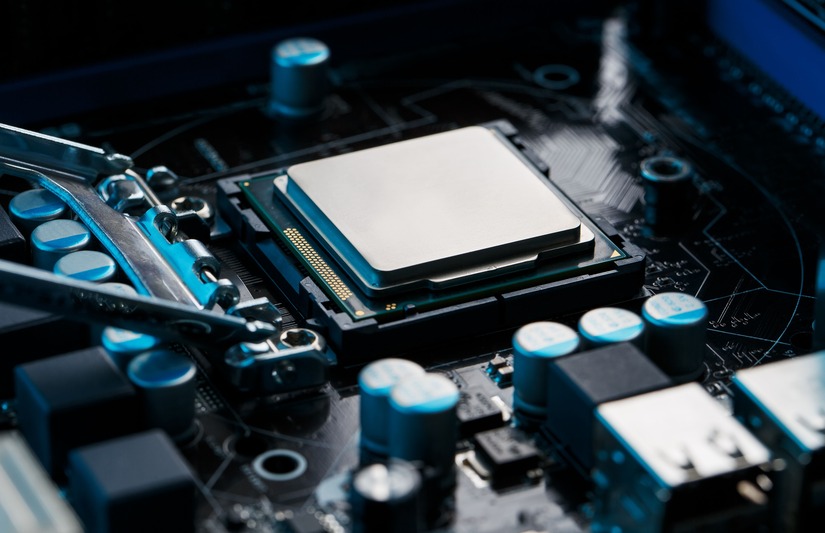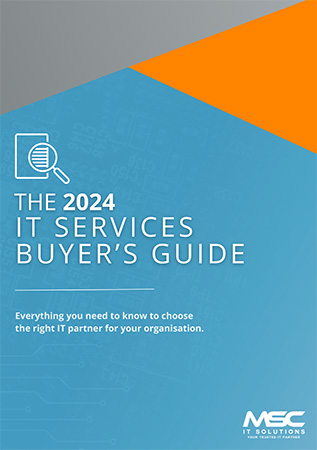

So, you’ve made the leap and upgraded to Windows 11. You’re excited to check out the fresh interface and new capabilities. But instead of a smooth experience, you’re met with sluggish performance, unexpected errors, and a system that refuses to install critical security updates.
This is the reality for many businesses that try to run Windows 11 on unsupported hardware.
The hardware requirements for Windows 11 aren’t just a formality. They’re essential checks to ensure your business devices can handle the upgrade properly. Imagine trying to follow a recipe without a key ingredient - the end result just won’t be the same. And while improvising might work in the kitchen, it’s not something you want to risk with your business technology.
Windows 11 offers major improvements in performance and security, but to take advantage of those enhancements, you need modern hardware that can support its advanced features. One of the most important requirements is TPM 2.0 - a small chip that works like a secure vault inside your PC. It protects your passwords, encryption keys, and other sensitive data, and plays a crucial role in preventing sophisticated cyber threats. Without it, your device is significantly more exposed.
In addition to TPM 2.0, you’ll need enough RAM, ample storage, and a compatible processor to ensure everything runs efficiently and reliably.
Microsoft has made it clear that forcing Windows 11 onto unsupported devices is a risky approach. While it’s technically possible, you’ll be without support if issues arise. Your device won’t receive essential updates, including the security patches that protect against cyber threats. Without these updates, your systems become far more vulnerable.
You may be wondering if it’s easier to just stick with Windows 10. The challenge is that Microsoft is ending free support for Windows 10 in October this year. After that point, there will be no more updates, no fixes for bugs, and no free security patches. Although extended security updates will be available for a fee, this is only a temporary fix and not a long-term solution.
Upgrading to Windows 11 ensures that your systems remain protected without ongoing extra costs or complexity. And beyond just security, Windows 11 includes a range of productivity tools that can help your business operate more smoothly and efficiently.
If updating your hardware seems like a costly step, consider it a smart investment. Modern devices aren’t just compatible with Windows 11 - they offer faster performance, longer lifespans, and reduced downtime, all of which contribute to a more efficient work environment.
Ultimately, hardware requirements are not optional. They’re there to safeguard your business and empower your team with the technology they need to thrive. If your current devices don’t meet Windows 11’s standards, now is the time to plan your next move. Don’t wait for Windows 10 support to run out or for security issues to arise.
We’re here to make your upgrade simple and stress-free. Reach out today and let us help.
To Find Out More Book Your Appointment Here
If you'd like to know more or want to book a no-obligation 10-minute call with our Managing Director and cybersecurity expert, Mark Cronin, click the link below:



